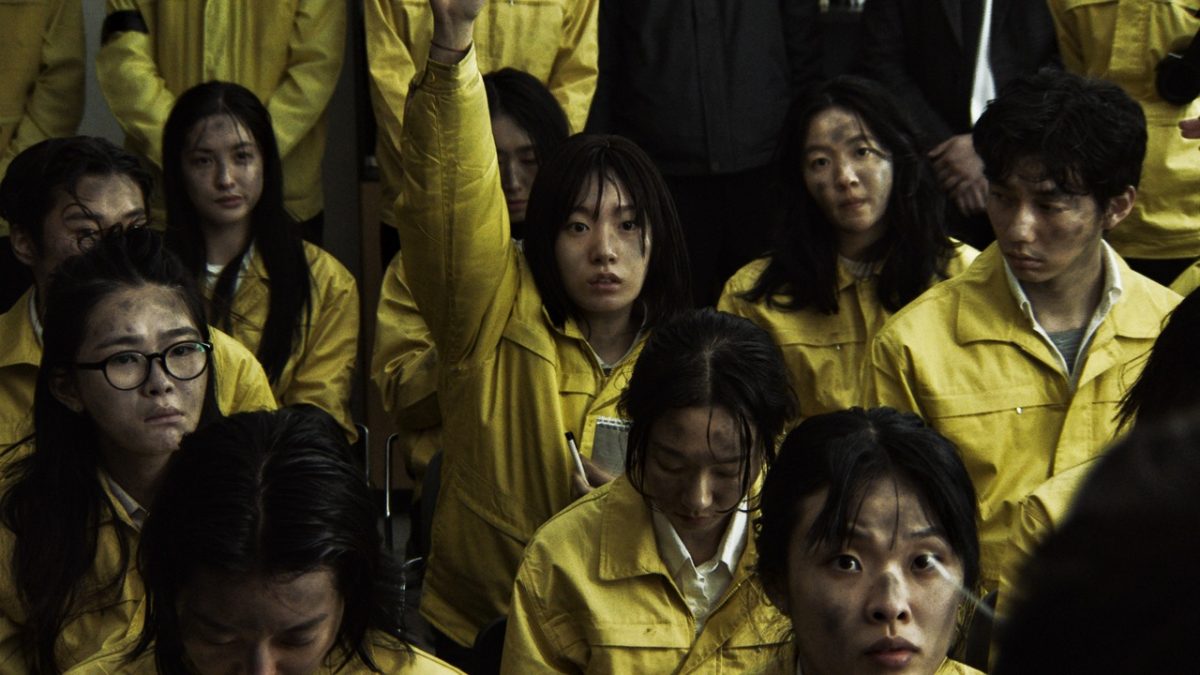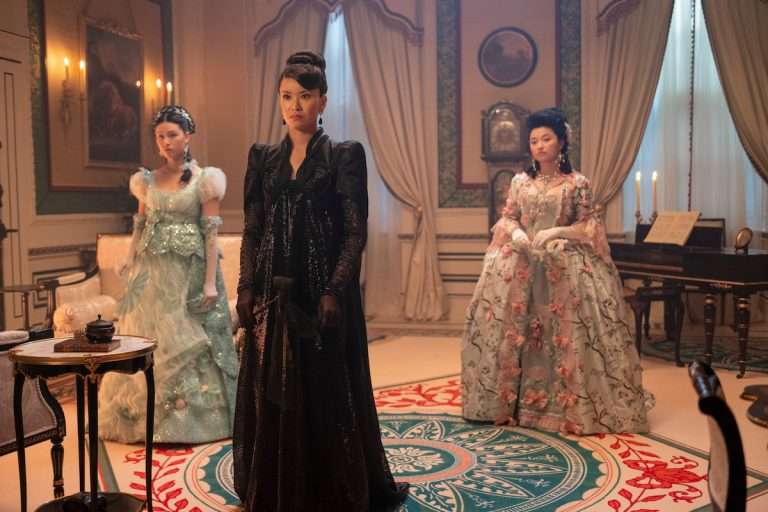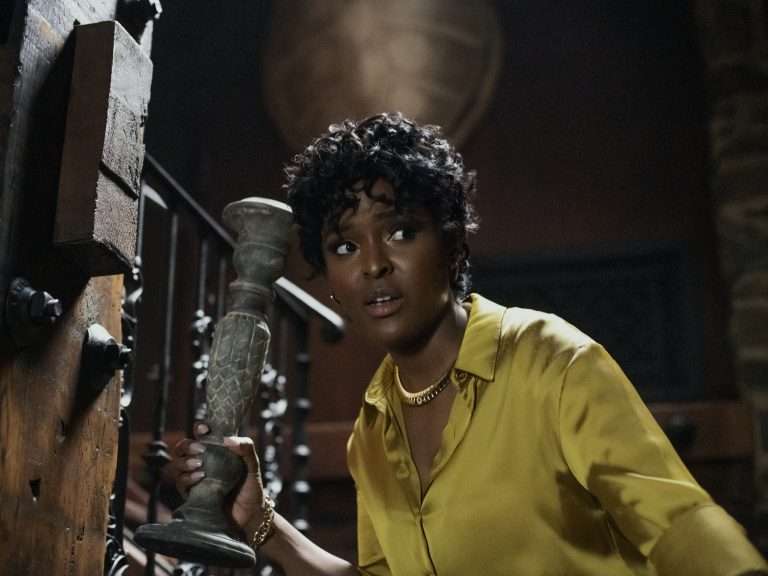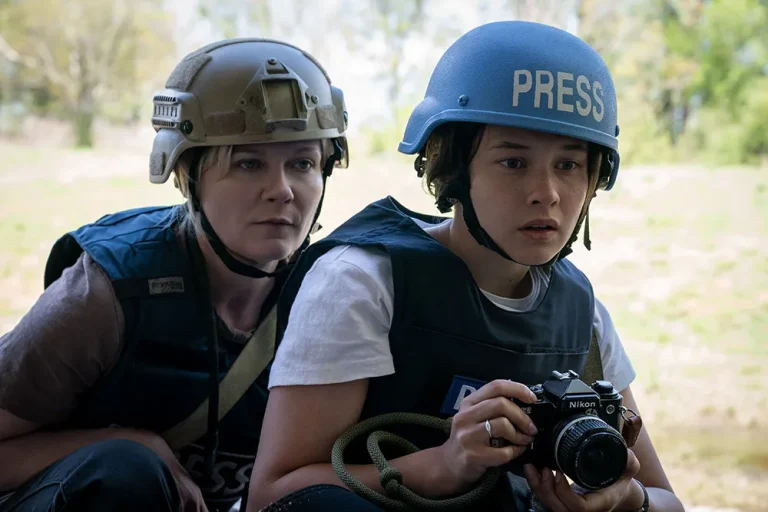Syeyoung Park, the 29-year-old filmmaker behind “The Fin,” places his characters in a dystopian setting that leaves them with no room to breathe. He paints a bleak portrait of their reality, literally and otherwise, which deepens the gloominess of their lives. Park places his narrative in a post-war Korea, where there’s no side to choose between the South and the North.
The only choice is between working for an existing system or living in the shadows. No matter what choices you make, you’re bound to feel hopeless and helpless as the government offers you an escapist fantasy of a distant future where your children can bear the fruit of your labor.
Yet, no one works because they want to or are motivated by the pursuit of a better future. Instead, they work solely because they see no other option to lead their lives. Their survival depends on their adherence to a system that doesn’t seem concerned for them. So, work, no matter what sort, is plainly for sustenance. It’s not out of compulsion that you’ll get thrown out if you don’t work.
Instead, it’s because you’re born and there’s no way out of it. At least in an ideal world, your work can build a constructive future for everyone to sustain a respectable living. However, there’s no end in sight in this world. So, any promise made doesn’t inspire any hope.
Much like the present-day world, the government is busy building a PR campaign instead of helping people, so that they can stay in power. They shove down their propaganda in a way that feels almost like how we get fed with constant ads, no matter where you go online. Its omnipresence is so blatantly apparent that it’s impossible not to draw real-life parallels.
“The Fin” presents these relevant bits and pieces after what Bong Joon-ho did with “Mickey 17,” or Hwang Dong-hyuk did with “Squid Game.” What separates it is a complete lack of joy in everyone’s lives. People hardly smile or seem pleased. Even when they do, it feels contrived or like it’s put on to mask the underlying sadness, making it even more obvious.
Park’s film conveys the universal lack of trust in institutions meant to support them to lead better lives. Still, it places itself in a setup that reflects how the rest of the world usually looks at its part of the world. These people differentiate Koreans based on the country’s political affiliation without taking into account how capitalism in itself is a deeply oppressive system.
The world in Park’s film doesn’t provide people with such a distinction. That’s why it becomes about a struggle between the oppressors and those getting oppressed. It’s also about the bureaucracy that plagues the unified nation into blind obedience, making them ignore things that the system doesn’t authenticate for them.

Park tracks this world mainly through the eyes of three people. The first one is Su-Jin (Pureum Kim), a bureaucratic employee, who is expected to keep the workers in check. These workers are mutants of humans and aquatic creatures, forced to work in undesirable places. Goh-woo plays one of these exploited workers, who seeks an escape. His identity is reduced to being an ‘Omega,’ and the film keeps it that way.
We learn little about his origins but more about his motivations. He is driven by a sense of rebellion, inspired by past mutant rebels. It unites him to Mia (Yeji Yeon), another Omega, who lives in a town, hiding her mutant identity.
Mia works at a store that allows people to fish in its isolated setup. It offers tired and frustrated people a chance to relive their good ol’ days, when they could fish in an actual waterbody. Through all these situations and characters, the film analyzes how faith plays a part in this elaborate equation, where a tiny shred of reward at the other end of the tunnel keeps people striving for it. It’s similar to how the American Dream is perpetuated through years of elaborate marketing to sell the notion of a brighter future, while blinding people from what’s actually at stake.
Park evokes a sense of dread through these real-life parallels with an ingrained subtext that doesn’t need to be spelled out to be conveyed. He builds the deeply isolated lives of his characters in a way that Tsai Ming-liang does. It’s similarly cold and textured, even when it gets soaked in conventionally warm lights.
Park presents Mia, Su-Jin, and Omega’s desolation while tracing commonalities despite their ideological or identity-related differences. It also depicts how the systems in place pit the populace against each other while the actual miscreants remain in the shadows, cultivating their power through an inescapable propaganda.
Overall, “The Fin” is a gloomy look into a post-war world, where emotions are numbed and nostalgia is weaponized to keep everyone from realizing the actual truth. If anything, it feels like a mirror to our world.








![Pink [2016] : Colouring them in shame](https://79468c92.delivery.rocketcdn.me/wp-content/uploads/2016/09/PINK2-768x351.jpg)